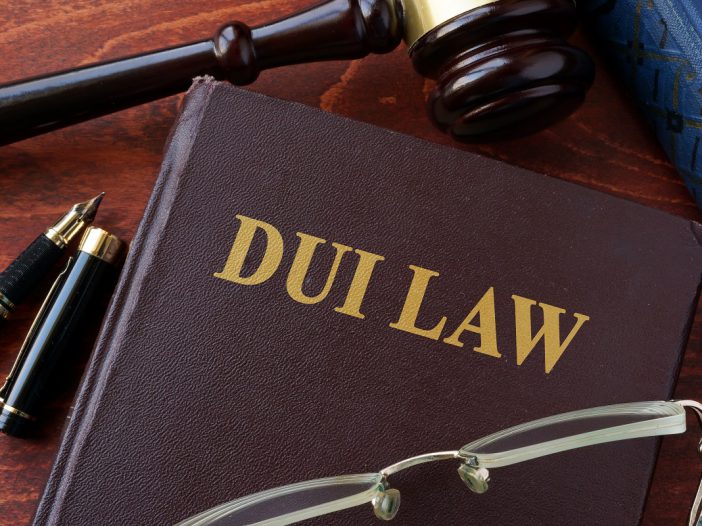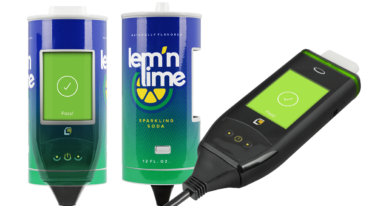
Driving under the influence or driving while impaired is never a wise decision, especially in the age of ridesharing services. If convicted of a DUI, there are stiff consequences and underlying costs attached like fines, license suspension, and possible car breathalyzer installation. All of these can be a result even if your actions hurt no one else. Below, we will discuss the process of exactly what happens when you get a DUI.
What Happens When You Get a DUI?
A DUI is a lengthy process that can affect you for years after the incident itself. Here’s what the process looks like along with the DUI penalties themselves:
The DUI Stop – The first step of the process is the actual violation itself. Typically, you will be pulled over for a driving violation or discovered at a DUI checkpoint. The on-scene police officer will attempt to ascertain if you have indeed been drinking and driving. To that end, they may require you to do a field sobriety test or take a breathalyzer.
Arrested and Booked – If the on-scene police officer is suspicious that you have been guilty of driving drunk, you’ll be arrested for DUI, placed in their vehicle and driven to the nearest police station. Upon arrival, they may perform an additional blood test to get a more accurate assessment of your BAC (blood alcohol content). If it is above the legal limit, they will then fingerprint you, take your mugshot, and hold you in a cell. Depending on the state, you may be able to be released if a sober driver comes to pay your bail and drive you back home.
Court Appearance – During the arrest, you will be issued a ticket that states the severity of your violation and the date upon which you will be summoned before the court. Upon that date, you will need to arrive at the court and issue a plea of either guilty or not guilty. Sentencing will depend upon the specific situation, but it will likely be harsher if you are guilty of one, if not multiple of the following aggravating circumstances:
- Prior DUI conviction(s)
- High BAC (.15+)
- Child endangerment
- Property Damage
- Bodily injury
- Driving without a valid driver’s license
- On probation for another crime
- Having an interlock device on the vehicle
Revocation of Your Driver’s License – Every state’s DUI laws requires a suspension of driving privileges for a set amount of time. Naturally, your BAC will have a significant impact on the harshness of your sentencing and how long the loss of your driving privileges will last. A person who blows a .085 BAC will likely face far less stiff penalties and fines than a person who blows a .2 BAC. How long your license is suspended for depends on different factors.
- Depending on your situation, some states allow for hardship licenses, which let you drive only to work or school during the license suspension.
- Some states also automatically revoke the license if you refused to take a field sobriety, breathalyzer, or blood test.
Pay a Fine – In addition to your license suspension, the court will order you to pay a fine. The fine will depend upon the state’s minimum and maximum and is up to the judge’s discretion. In the vast majority of states, you will also be required to pay the court costs tied to your DUI charge.
Jail Time – Mandatory jail time, even for first-time offenders, is becoming a more and more frequent event. In most cases, low-level offenders may only have a few days. Repeat offenders or violators of aggravating circumstances will naturally increase your prison duration. In California, this looks like:
- 1st DUI – Minimum 2 days of jail time, maximum 6 months.
- 2nd DUI – Minimum 10 days of jail time, maximum 1 year.
- 3rd DUI – Minimum 120 days of jail time, maximum 1 year.
- 4th DUI – Minimum 180 days of jail time, maximum 1 year or 16 months in state prison.
Probation – Even if you do not receive jail time, you will likely receive a probation sentence. If you fail to meet the terms of probation, that could result in jail time. This commonly involves regular supervision, administration, and a monthly fee to pay for that oversight.
Attend Drunk Driving School – Nearly every state will require that you attend weekly alcohol and drug education groups and programs. Minor DUIs may only require 3 months of drunk driving school whereas serious or repeat offenses may require 2 years of classes. Naturally, there are fees and expenses associated with attending these classes. Failure to attend or pay can result in extended license suspension, fees, or even jail time.
Your Insurance Rates Will Increase – A DUI is a black spot on your driving record and a massive red flag for auto insurers. As a result, your premiums will likely double, if not triple. In addition, you may be required by your state to get an SR-22 insurance policy to legally drive.
Install an Ignition Interlock Device – Again, depending on your state, you may be required to have an ignition interlock device installed on your vehicle, even if you are a first-time offender. There are installation fees and monthly recalibration fees associated with these devices.
Don’t Risk It
Driving under the influence is a considerable risk, not only to yourself but especially to others who share the road. It is simply not worth it, especially when you have viable alternatives. If you have made the unfortunate decision, you now must pay your dues to society. For those who have been court ordered to install an ignition interlock device, reach out to the experts at Low Cost Interlock for a rundown on pricing and installation.
Sources:
McCurley, J. Driving Laws. What Is a “Restricted” or “Hardship” License? https://dui.drivinglaws.org/resources/restricted-hardship-license.htm
Los Angeles DUI Attorney. How much jail time do I face for a California DUI? Could I be sent to prison? https://www.losangelesduiattorney.com/dui-faq/how-much-jail-time-do-i-face-for-a-california-dui-could-i-be-sent-to-prison/
StateFarm. Suspended driver’s license? You may need an SR-22. https://www.statefarm.com/simple-insights/auto-and-vehicles/suspended-drivers-license-you-may-need-an-sr22


